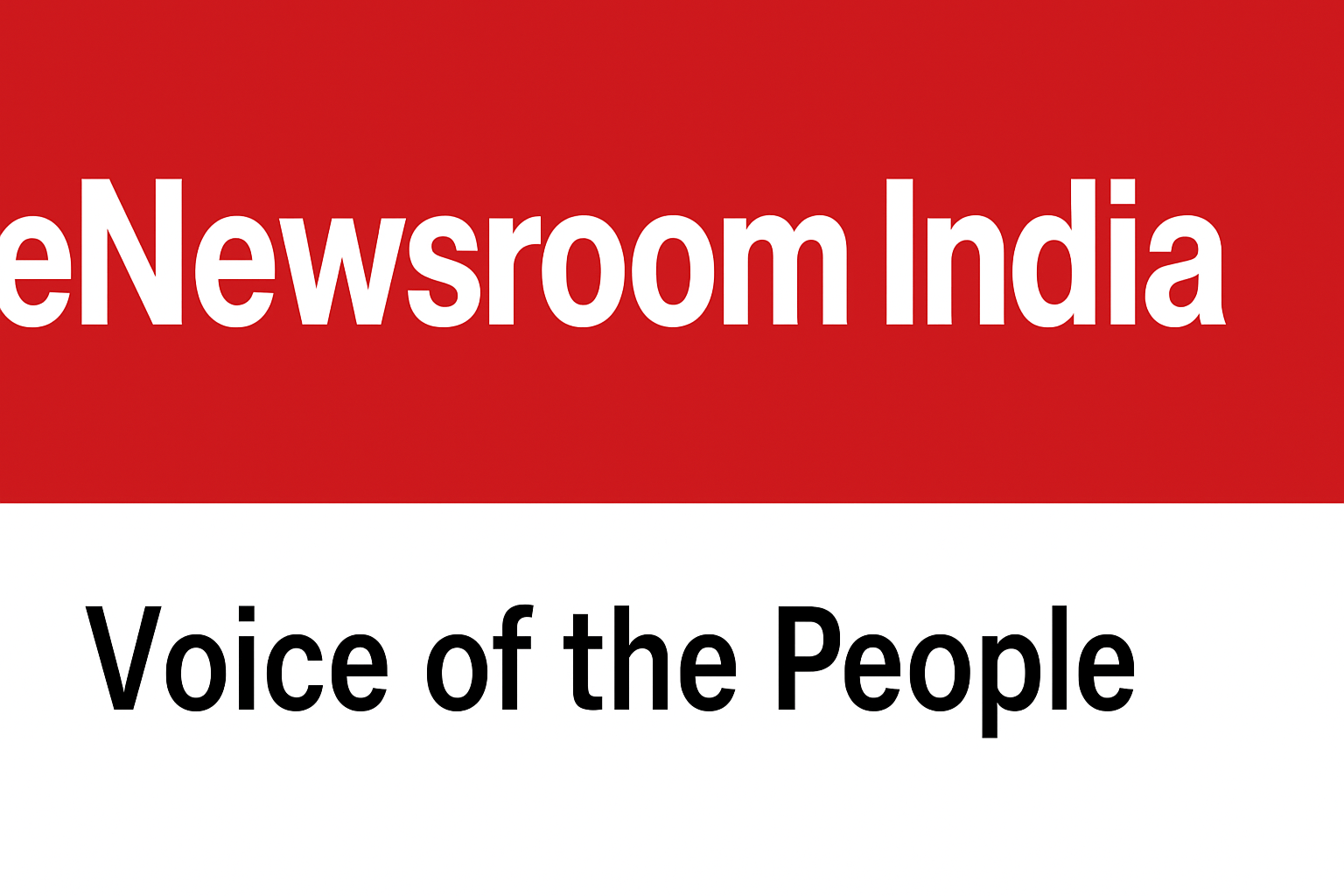[dropcap]T[/dropcap]oday morning, I boarded a bus from Topsia, a part of East Kolkata, to visit a client’s school in Howrah. It was one of those slow, lumbering buses that faithfully snake through the city’s arteries, stopping at nearly every crossing. The bus was not yet full; the conductor was calling out for passengers and letting people board, as they often do on weekday mornings.
As someone born and raised in Kolkata, I’m no stranger to these scenes. I am a 38-year-old Hindustani-speaking Muslim. My schooling was in a Christian missionary school in Tangra; I completed my legal education, including an LLM, from a state university. I practised in the district courts before moving into legal and educational consultancy. My parents are from Kushinagar in eastern Uttar Pradesh, and my wife comes from an Urdu-speaking family with roots in Munger, Bihar. Ours is a life deeply stitched into the fabric of Kolkata. And that is why what happened next on the bus disturbed me profoundly.
An Urdu-speaking man, perhaps late for work, was visibly agitated. He began berating the conductor, shouting that he was wasting time and that “people like you make the system filthy.” His tone was coarse, his words laced with contempt for those in service roles. The conductor, like most in his position, remained quiet, focused on gathering passengers.
Suddenly, another passenger—a Bengali-speaking man—retorted sharply: “People from outside Bengal have made this place filthy,” he said. “They come here, crowd our neighbourhoods, pay peanuts in rent, and bring down the quality of everything.” He ended his outburst with a slur—bocachoda—an unprintable word that has, regrettably, become far too common in public speech.
I had heard enough.
I turned around and firmly addressed the Urdu-speaking man first: “If you are in such a hurry, take a taxi. Don’t pollute this space with your arrogance. This conductor is doing his job, just as you are trying to do yours.”
Even before I could finish, another man—also Urdu-speaking—joined me. He rebuked the agitator in our shared language, saying, “Don’t embarrass us. Speak with some decency. This is not how we behave in public.”
The man went quiet, though his eyes burned with indignation.
Then I turned to the Bengali gentleman: “Dada, I understand your frustration. But we mustn’t fall into the trap of blaming entire communities for what are, in truth, systemic failures. People from Bihar, UP, Odisha, or elsewhere—many of them have made this city what it is. We must all coexist, or we shall all fall apart.”
A strange silence followed—the kind that suggests people are thinking, not seething.
What troubled me the most was not the isolated anger, but how easily our frustrations split into regional, linguistic, and class-based hate. It reminded me of Rabindranath Tagore’s warning in his 1917 lectures on Nationalism, where he said:
“India has never had a real sense of nationalism. Even though she has been living under foreign https://sis.iuea.ac.ug/ rule for centuries, she could never approach her problem in a spirit of organised political independence… The idea of India is not territorial. It is not even political. It is essentially spiritual.”
Tagore’s words are not an indictment—they are a mirror. They remind us that the soul of this land has always thrived on samanvay—a confluence of identities, languages, and traditions. To allow regionalism to rear its head in our public spaces is to betray that very idea of India.
As someone rooted in multiple cultures—Hindustani by heritage, Urdu-speaking by marital ties, schooled in Christian institutions, and deeply embedded in Kolkata’s ethos—I know that we are far more layered than the reductive labels we so casually throw around.
On that bus, I did not speak as a lawyer, or a Muslim, or a UP-wallah, or a Kolkatan. I spoke as a citizen who believes that the dignity of labour matters, that regional chauvinism is no better than communal hatred, and that we must call out prejudice—no matter the language it is spoken in.
India’s buses, like its streets and its courts, are microcosms of the nation itself. And every time we choose empathy over antagonism, sense over sentiment, and solidarity over spite, we inch closer to the country Tagore once imagined—not one bound by territory or tongue, but one bound by the shared spirit of justice and dignity.


